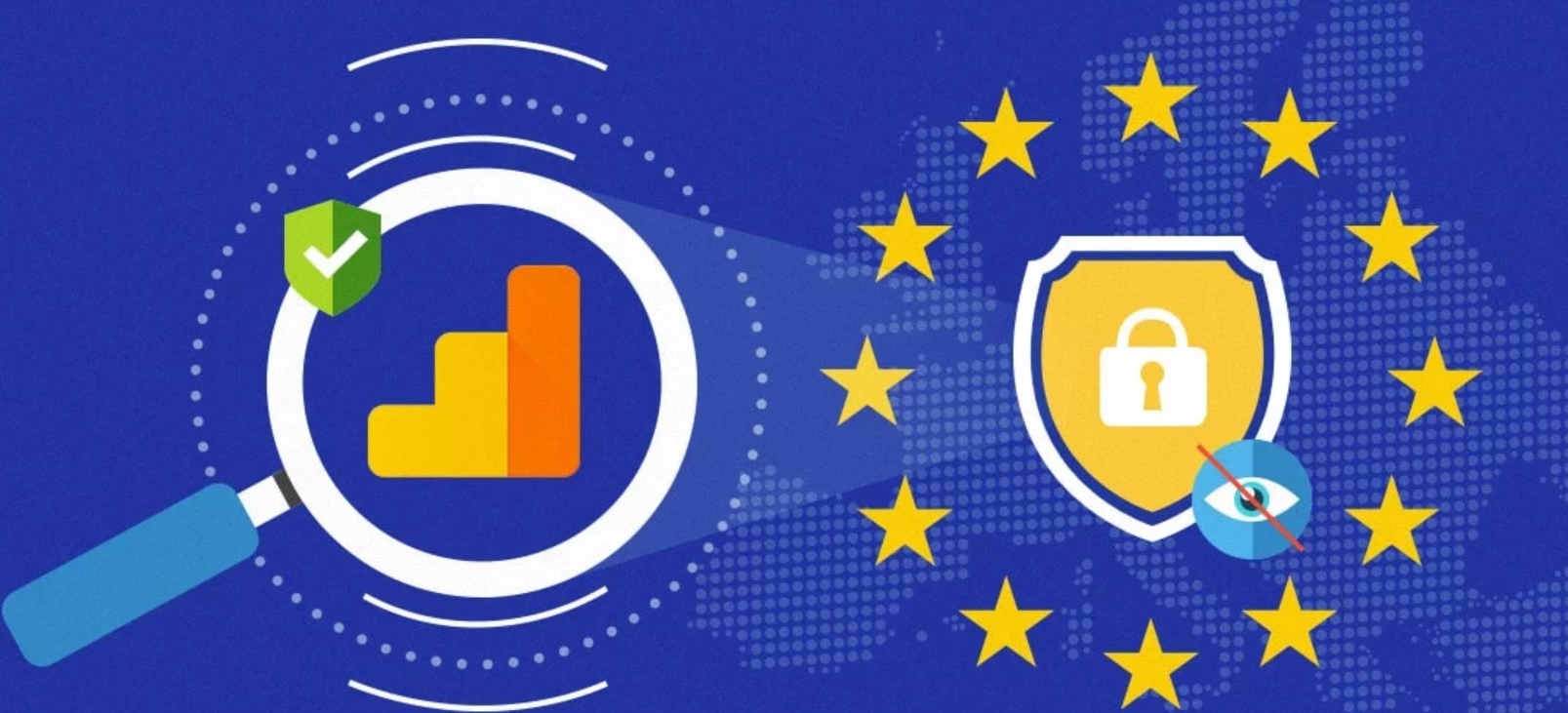Realize the Immediacy of GDPR Compliance as it Comes into Full Effect
It's high time for the online businesses to become a GDPR compliant as it comes into full effect this month. There is no time to find excuses to be a non-compliant under GDPR. The penalties and consequences of not being a complaint of GDPR will be severe. Not only to escape the penalty or the consequence but also to show the integrity of a professional business ethics every business that handles the personal data of the users should become a GDPR compliant without taking much time.
Get the insight
Further to this, if you are having a website(s) then you have to get some important insight regarding whether Google Analytics is compliant with GDPR as it collects personal data of the users/visitors or the active participants of the website through cookies. As you understand the actual take of GPDR on Google Analytics you will be able to follow the guidelines and prepare your online business to become compliant with GDPR. Moreover, as Google prepares for the latest GDPR compliance, understanding the legal requirements would make it easy for you.
Google Analytics
Coming with a brief introduction to Google Analytics, it is a widely used tool to analyze traffic in which the website owners will be able to find the how their website is being used and who uses it. Such details include how long a person spends on the website, what is the primary search or intention of the user, from where does the user comes, etc. To be precise Google Analytics is used to analyze and process the user data.
GDPR
Coming to GDPR, it is called as General Data Protection Regulation, a European Union Law which brings set of requirements regarding how to handle (collect & process) the user data of EU citizens. It does not matter the size and category of the business, every business, organizations, companies,and websites that handle the personal data of the users from EU should be complaint with GDPR.
What should a website owner do regarding GDPR?
First of all, the website owner should check all the personal data processing activities to ensure whether it comes under the regulations. The most common data processing activities are:
- Email Subscriptions and Contact forms in which the website requests the personal data of the user explicitly.
- Online tracking and Cookies
What GDPR demands?
It demands the website owners, businesses,and organizations explain
- Why is the personal data of the user collected?
- How is it processed?
- Whether it is secured against threats and attacks?
- Why do they need the user data once the intended purpose is over?
- Why did they not erase the data even though the purpose is over?
Cookies in GDPR
Cookies are used for multiple purposes such as functionality, statistics, performance,and marketing. Basically, some of the data collected by cookies are used by the website and some of the data are not used for any purpose. Some of the cookies are used to prepare the user profile, to enhance the user experience and for the monitoring purposes.
Some of the cookies are set by the website and others by the third-party source. As the cookies handle the user's data for tracking and other above-mentioned purposes, they come under GDPR regulations. The website owner has to refine the privacy policy and cookies policy and also the way in which the consent is received from the users regarding cookies setting.
Personal Data in GDPR?
Apart from the common data such as IP addresses, medical and financial records of the users and contact information, the direct and indirect data of any user that identifies the user are considered by GDPR as personal data.
Personal Data collected by Google Analytics
Ever visitor or the user is given a unique ID using which Google Analytics tracks how many visitors visited the site and how many users return to the site. The tracking code is actually added to the pages of the website so that Google Analytics tool tracks it. Using Google Analytics, the website owner will be able to take a survey regarding the frequency of any user who visited the website, the number of pages visited by the user, the time spent in the website and the interaction with the website. The statistical data collected by Google Analytics tool consists of Age, Gender, Location, Private and Professional interests, etc.
Since Google is developing and improving regularly, it is not possible to get to know exactly what Google collects through Analytics tool. According to the data protection terms of Google collects the following data through Analytics tool:
- Online identifiers
- IP addresses
- Device Identifiers
- Client Identifiers
What is happening in Google Analytics regarding getting prepared for GDPR the comes into full effect?
According to the Google Blog post in Europe regarding the preparations happening to fulfill the GDPR requirements are:
- Updated EU User Consent Policy
- Contract changes
- Product changes
What should you do?
If you are a website owner or a business owner then you have to get important information on Google's take on GDPR compliance. Gather information to stay updated so that you will be able to fulfill GDPR compliance for your website. Basic things you have to do regarding your Google Analytics usage are:
- Modify the settings in your Google Analytics Account in accordance with GDPR guidelines.
- Ensure that the usage of Google Analytics for your website is compliant according to GDPR.
- Make changes in your Google Analytics account settings
- Make sure that your website's use of Google Analytics and other tools is compliant.
- Make changes in your Google Analytics account settings
- Control personal data transmission to Google
- Ensure no personal data is collected unnecessarily
- Ensure no leakage of personal data for the marketing purposes of other entities
- Turn on IP Anonymization
- Check the collection of Pseudonymous identifiers
- Make sure that your Website's use of Google Analytics and other tools is compliant
- Be transparent about data collection and processing
- Update privacy policy and cookie policy and make it accessible to the users
- Implement a GDPR compliant cookie consent

